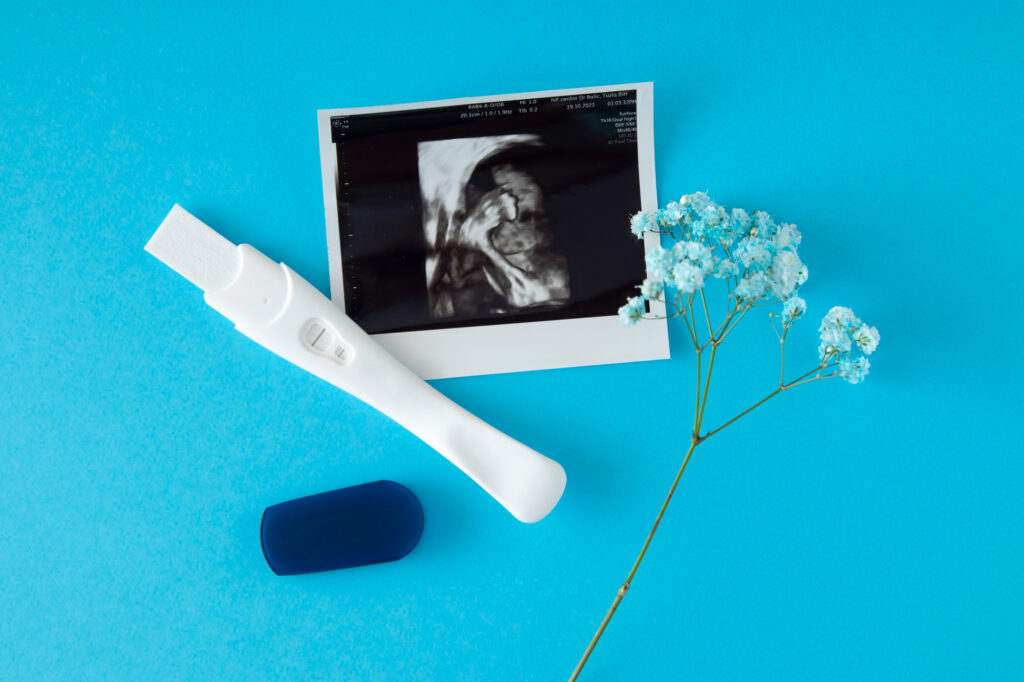Embryo donation offers a unique pathway to parenthood for many hopeful families. With the assistance of surrogacy clinics and surrogacy agencies, this process can become a hopeful reality. At NewHopePoints, we provide the guidance and support needed to navigate this complex journey.
Embryo Donation: A Pathway to Parenthood
It is an option for couples or individuals who are unable to conceive naturally. This process involves using embryos donated by another couple, often those who have completed their IVF treatments and have remaining embryos they wish to donate. This act of generosity allows others the opportunity to experience the joy of parenthood.
But what if you’re unsure about the success rates and the science behind embryo donation? Let’s explore some key aspects to help you understand better.
Understanding Embryo Donation
Embryo donation offers a unique pathway to parenthood, especially for couples facing infertility or same-sex couples wanting to expand their family. This process involves using embryos created through in vitro fertilization (IVF) that are donated by another couple who no longer needs them. These embryos are then implanted into the recipient’s uterus, providing a chance for pregnancy and childbirth.
What is Embryo Donation?
Embryo donation occurs when a couple donates their unused embryos, created through IVF, to another couple or individual. This generous act allows others the opportunity to experience the joy of parenthood.
How Are Embryos Donated?
The process involves several steps:
- Screening and Matching: Both donors and recipients undergo thorough medical and psychological screenings to ensure compatibility and health.
- Legal Agreements: Legal agreements are made to transfer parental rights from the donors to the recipients.
- Embryo Transfer: The embryos are thawed and transferred into the recipient’s uterus during a straightforward medical procedure.

Success Rates of Donor Embryos
The success rates for embryo donation are promising and comparable to traditional IVF, depending on factors like the age of the embryos and the recipient’s health. Many families have found success and joy through this option.
Is an Embryo a Fertilized Egg?
Yes, an embryo is a fertilized egg. During IVF, eggs are harvested from the donor or intended mother and fertilized with sperm in a laboratory setting. The resulting embryos are then cultured for a few days before being transferred to the uterus or frozen for future use. In embryo donation, these embryos are donated to another couple or individual.
Conclusion
Embryo donation provides a unique opportunity for many to achieve their dream of parenthood. By understanding the process and working with reputable surrogacy clinics and agencies, intended parents can embark on this journey with confidence. At NewHopePoints, we are committed to providing the support and guidance needed throughout this process. While we do not offer gestational surrogacy services, our educational resources and professional guidance can help you explore all your options for starting or growing your family.
